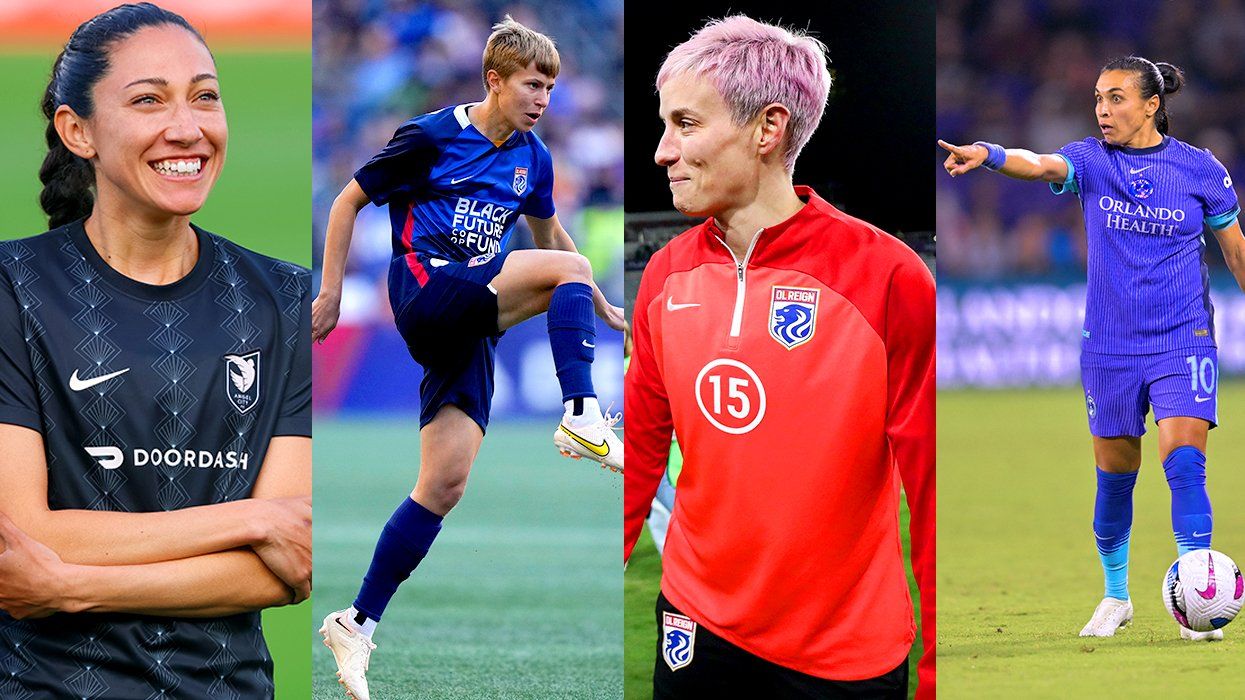As one of the religions brought to the New World by the African Diaspora, there is no religion that frightens and fascinates the world over as Vodou.
Misconstrued by racist images of zombies rising from graves, jungle drums and orgiastic rituals, and by today’s popular culture images courtesy of Hollywood’s and New Orleans’ tourism industry, Vodou is a persecuted religion.
Vodou has been a persecuted religion not merely by the Catholic Church during slavery, but also by Haiti’s political ruling elite who feared its revolutionary potential.
And, Vodou today still suffers the slander that its practitioners are cannibals who sacrifice children, which ancient pagans once repeated about Christians and medieval Christians once repeated about Jews.
As a monotheistic religion, Vodou believes in one God, but many spirits called “lwas” that have both dark and light sides. The spirits “lwas” are the varied expressions of God in the world, and these spirits oversee all human activities by forming connections between the material world people live in and the spiritual world they derive from.
Two different forms of Vodou exist. While it is true that Vodou evolved in New Orleans at the same time it was taking shape in Haiti, New Orleans’ Vodou, known as the Vodou capital of the U.S., was not suppressed and allowed to flourish among both its black and white citizens.
Haiti’s, however, was not.
And, hiding itself behind the trappings of Catholicism, Vodou in Haiti was unofficial and largely practiced in secret until recently.
Why Vodou as a religion many people ask?
Vodou enables Haitians to connect and preserve their African heritage, to link to their ancestral spirits who affect everyday events of their lives, and to bond with their local communities.
Ironically, homosexuality has been legal in Haiti since 1986. But few protections and provisions come with it. For example, same-sex marriage, and civil unions are not recognized. It’s unclear whether LGBTQ couples can adopt children or have custody of their own children. LGBTQ Haitians don’t openly serve in the military. They don’t have anti-hate crime bill that specifically addresses discrimination and harassment LGBTQ Haitians face on the basis due to their sexual orientation or gender identity. Minimally, LGBTQ Haitians are protected under its Constitution as stated in Article 35-2 that prohibits discrimination in the workplace based on, "sex, beliefs, opinions and marital status." And the United Nation’s International Bill of Human Rights mainly protects LGBTQ Haitians. With no queer enclaves in Port-au-Prince and other big cities throughout Haiti, many LGBTQ Haitians are left puzzled by what it means that homosexuality is legal in their country.
However, as in all repressively homophobic cultures, LGBTQ people have always found ways to express and to live out their true authentic lives. In Haiti, how openly queer you are depends not only on your class, profession and skin complexion, but also your religious affiliation.
In a country that is predominately Roman Catholic homosexuality is condemned. But among Haiti’s LGBTQ middle and profession classes they find ways to socialize out of the public "gaydar" and with impunity.
For the poorer classes of LGBTQ Haitians who live, work and socialize in the densely populated and improvised capitol city of Port-au-Prince, discrimination on the basis of their sexual orientation and gender expressions is commonplace. The 2002 documentary “ Des Hommes et Dieux (Of Men and Gods)” by anthropologist Anne Lescot exposed the daily struggles of Haitian transwomen. Blondine in the film said, “When people insult me because I wear a dress I am not ashamed of how I am. Masisis (gay males) can’t walk down the street in a wig and dress.”
But poorer classes of LGBTQ Haitians do have at least two ways to openly express and celebrate who they are-in Vodou and in Rara festivals.
Although the universal perception of Vodou is the Hollywood stereotype of an orgiastic ceremony ritualizing the malevolent powers black magic, and engaging in cannibalism.
Haitian Vodou is an ancestral folk religion that expresses an acceptance of all people of all sexual orientations and gender expressions.
With the belief that behavior is guided by a spirit (loa), gay males in Haitian Vodou are under the divine protection of Erzulie Freda, the spirit of love. And as a feminine sprit, gay males are allowed to imitate and worship her. And lesbians (madivins) are considered to be under the patronage of Erzulie Dantor, a fierce protector of women and children experiencing domestic violence. Erzulie Dantor is bisexual, but she prefers the company women.
At Rara Festivals, a yearly festival that begins following Carnival belongs to the peasant and urban poor of Haiti. The Rara bands come out of Vodou societies that have gay congregations where gay men are permitted to cross-dress with impunity.
Be SheWired's Friend on MySpace!
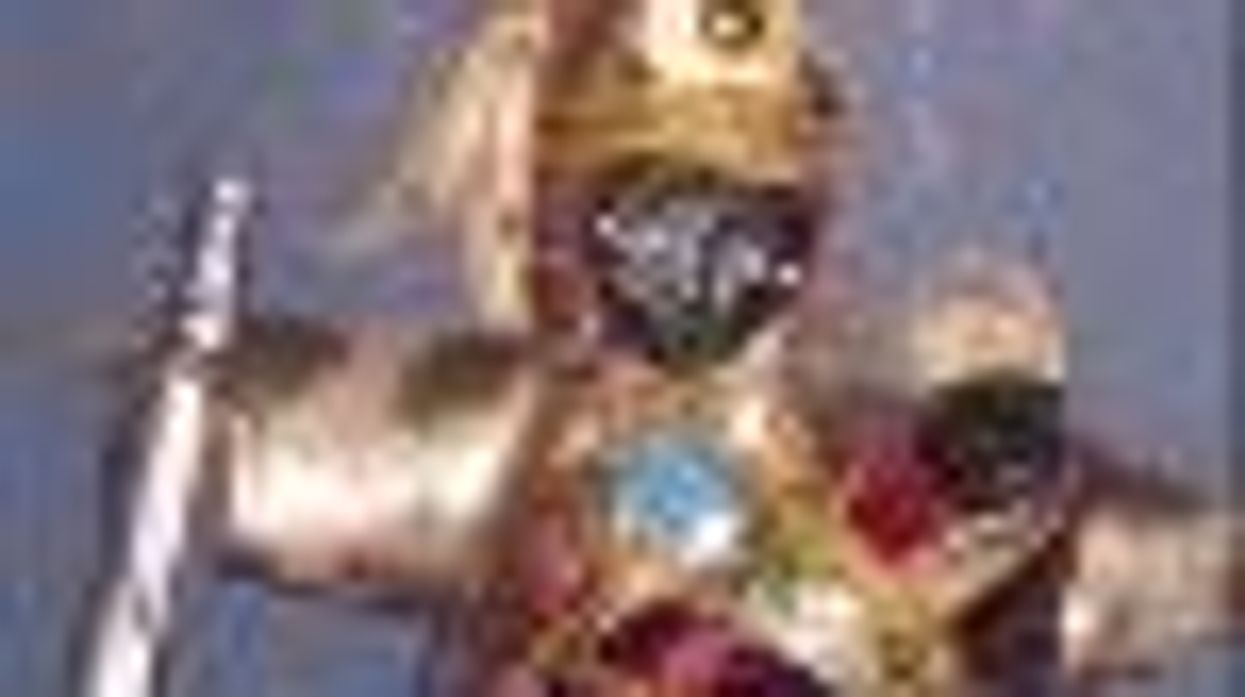
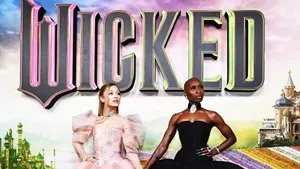











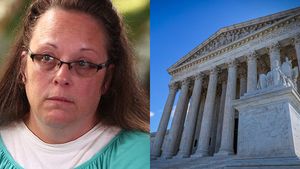




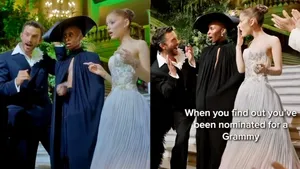



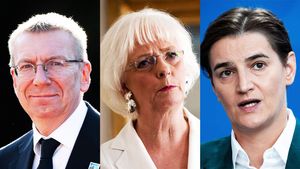
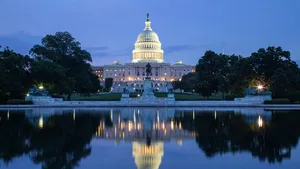






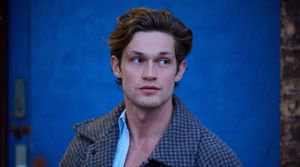

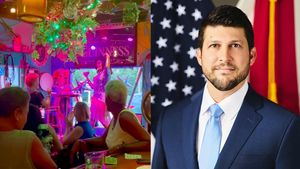



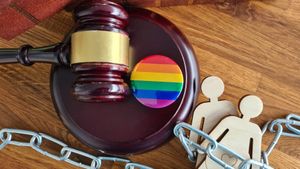


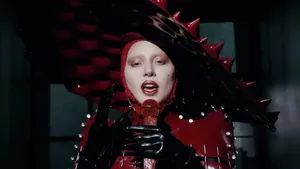






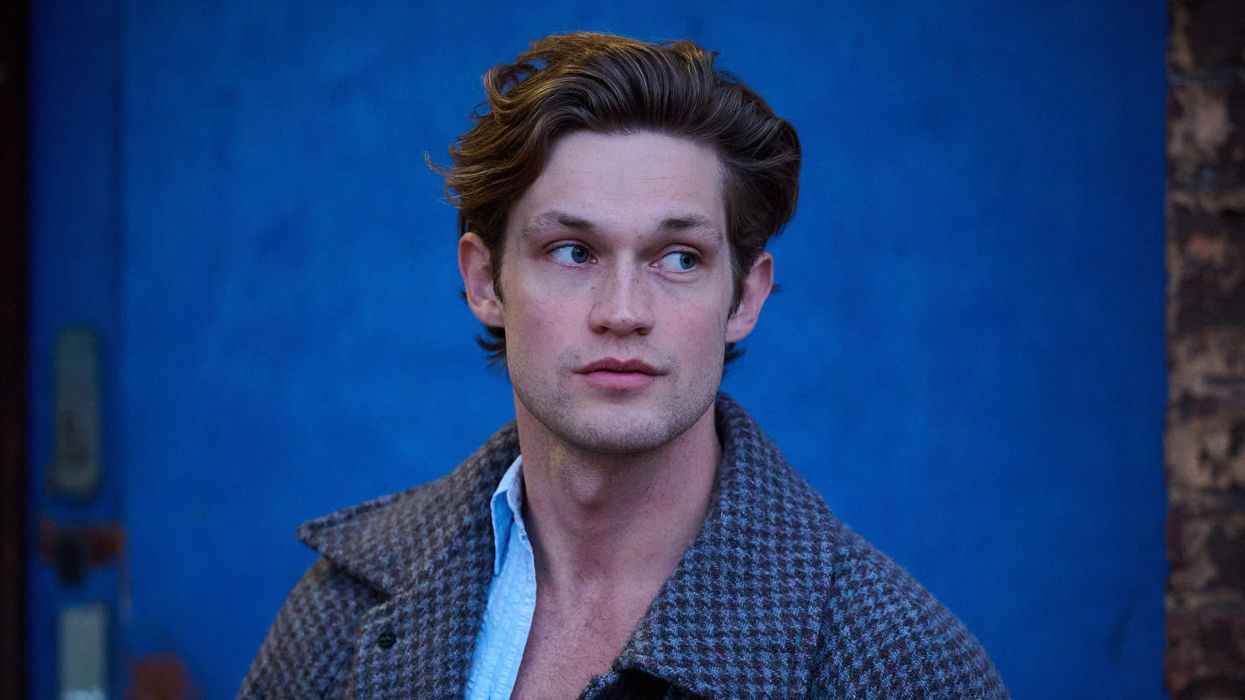
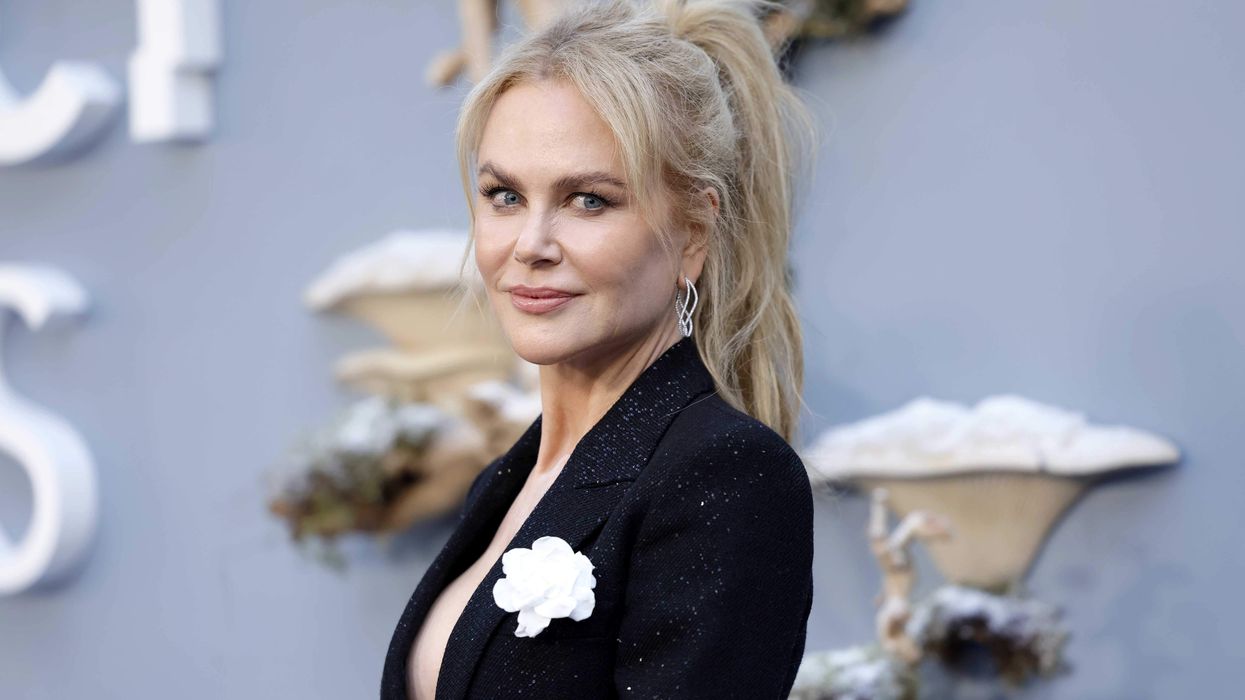
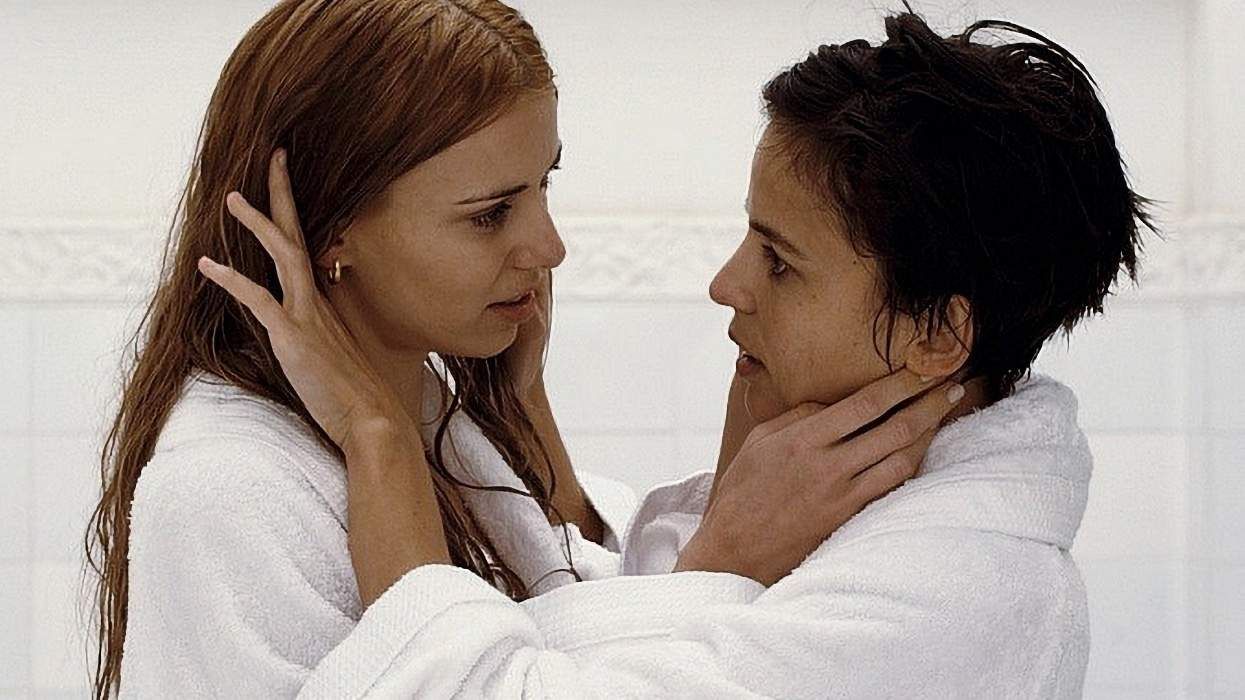
































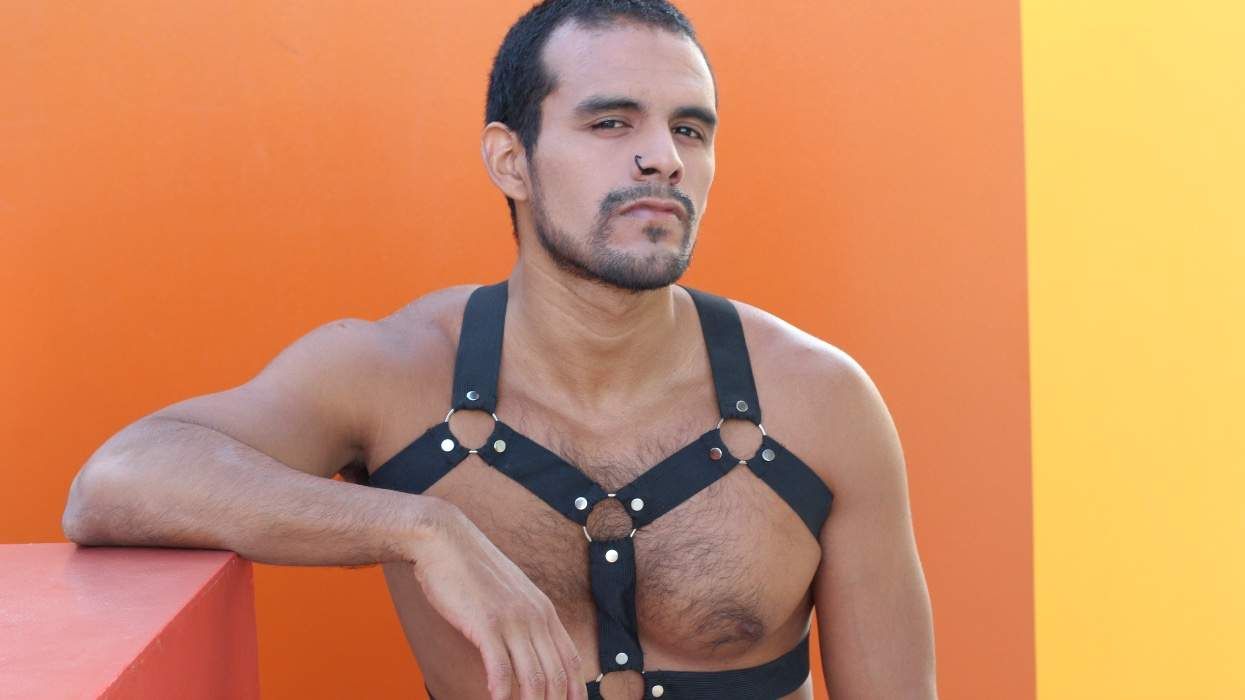




 Cindy Ord/Getty Images
Cindy Ord/Getty Images
























